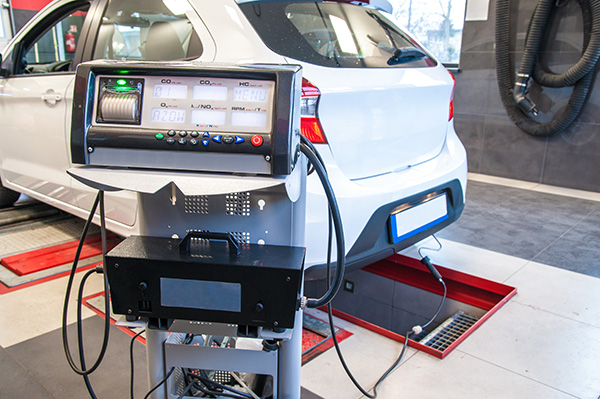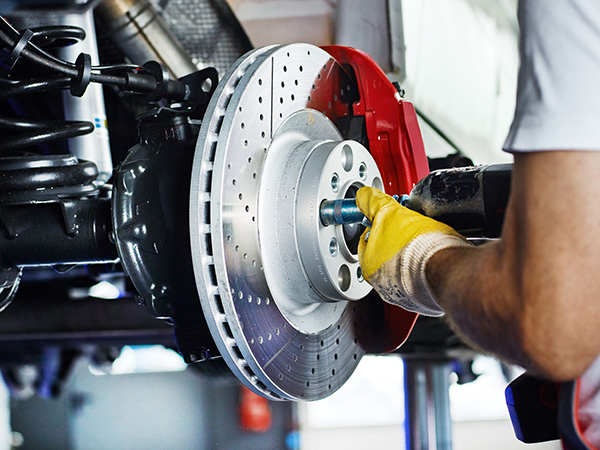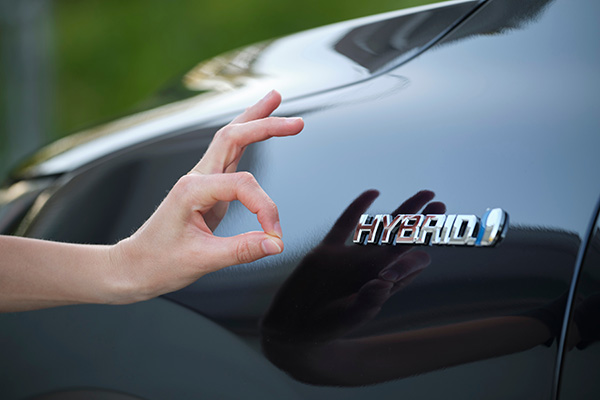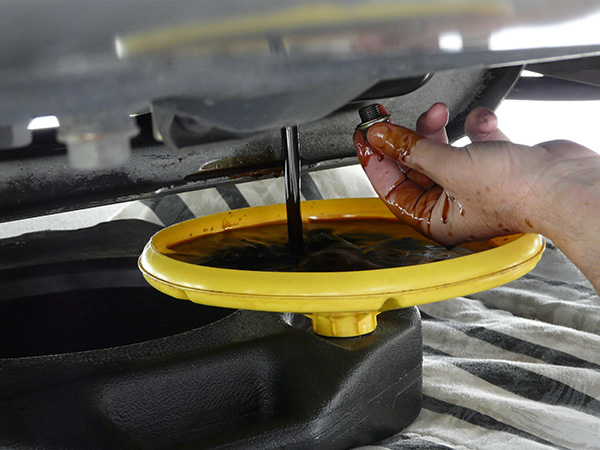Posted on 10/17/2024

If you own a car that’s 2000 or newer, you’re likely familiar with California’s strict smog regulations. Every couple of years, vehicles must pass a smog check to stay road-legal. And while the test itself isn’t overly complex, you can take a few steps to increase the chances of passing on the first try. A failed smog test can lead to costly repairs, delays, and frustration, so knowing how to prepare your car ahead of time is important. How Smog Checks Work The test measures your car’s emissions to ensure they’re within state standards. These standards are in place to reduce air pollution and improve public health. For cars made after 2000, the test also involves plugging into your vehicle’s OBD-II (On-Board Diagnostics) system, which monitors your engine’s performance and emissions control systems. The smog technician will check your vehicle’s OBD-II system for any stored trouble codes or malfunctions that could ... read more
Posted on 9/28/2024

Toyota has long been celebrated for its reliability, longevity, and value, which has made it a popular choice for drivers around the world. While Toyota cars are generally well-built and dependable, like all vehicles, they can experience issues over time. Knowing some of the most common problems can help you stay ahead of any potential repairs and keep your car running at its best. 1. Oil Sludge Buildup One issue Toyota owners may encounter is oil sludge buildup, especially in older models. This problem typically arises from extended periods of low-quality oil use or neglecting regular oil changes. The sludge can clog your engine, leading to decreased performance and, in severe cases, engine failure. Keeping up with regular oil changes using high-quality oil can help prevent this issue. If you notice the engine running hotter than usual or unusual noises, it’s time to check for sludge buildup. 2. Transmission Problems Some Toyota models, part ... read more
Posted on 9/18/2024

Your brakes are the most critical safety feature of your car. Whether you're navigating city streets or cruising down the highway, you rely on your brakes to stop your vehicle in time to avoid accidents. If they aren’t properly maintained, they can become ineffective, putting you and others on the road in danger. That’s why regular brake service and repair is essential for keeping your car safe and running smoothly. Why Brake Maintenance Shouldn’t Be Ignored It’s easy to overlook brake maintenance, especially when your car seems to be running fine. But failing to regularly service your brakes can lead to bigger problems down the road—literally. Worn-out brake pads, for example, can reduce your stopping power and even damage other parts of your braking system, leading to costly repairs. Beyond the financial aspect, the most important reason to keep up with brake maintenance is safety. Worn brakes reduce your ability to stop quickly, w ... read more
Posted on 8/30/2024

With more drivers switching to hybrid vehicles to reduce their carbon footprint and fuel consumption, it’s essential to know how these cars differ in terms of maintenance. Hybrid cars, which combine a traditional internal combustion engine with an electric motor, offer impressive fuel efficiency and lower emissions. However, the unique technology behind these vehicles means maintaining them slightly differs from regular gas-powered cars. Let’s explore what you need to know to keep your hybrid car running for years to come. The Basics of Hybrid Car Maintenance Hybrid cars are designed to last, but like any vehicle, they need regular care. One of the first things hybrid owners notice is that their cars require less frequent oil changes, thanks to the electric motor assisting the gasoline engine. Because the engine doesn't work as hard, oil tends to last longer. However, it’s still crucial to follow the manufacturer’s recommended service inte ... read more
Posted on 8/21/2024

Maintaining your vehicle's health is crucial for ensuring its longevity and reliability, and one of the simplest yet most vital aspects of car maintenance is the regular oil change. You’ve probably heard it a thousand times: “Make sure you change your oil!” But why is it so important? Let’s explore why regular oil changes are critical for your car’s performance and what could happen if you skip this essential service. What Does Engine Oil Actually Do? Before diving into the importance of regular oil changes, it’s essential to understand the role engine oil plays in your vehicle. Engine oil acts as a lubricant for the various moving parts inside your engine. These components, such as pistons and valves, move at high speeds and generate significant heat due to friction. Without adequate lubrication, these parts would grind against each other, leading to excessive wear and tear. Moreover, engine oil helps to cool the engine by ab ... read more